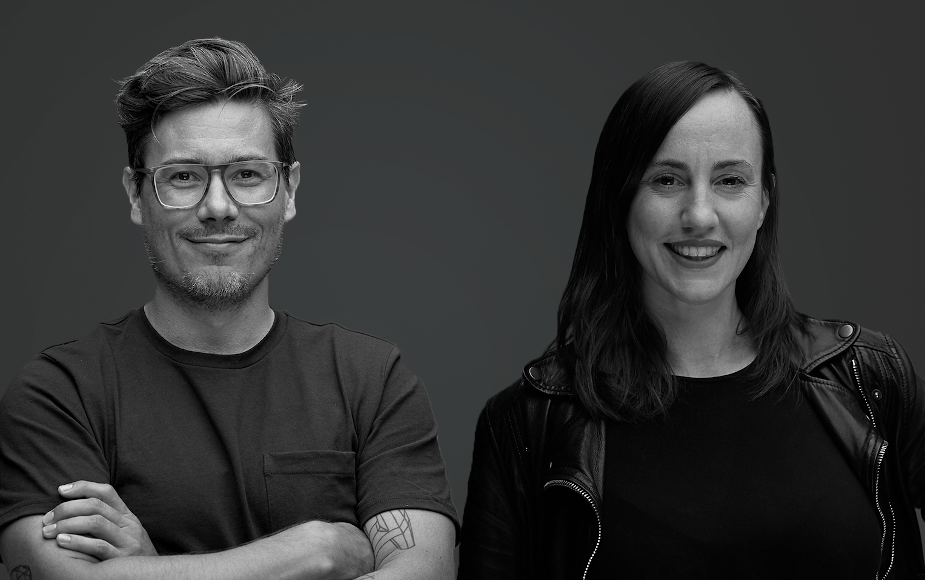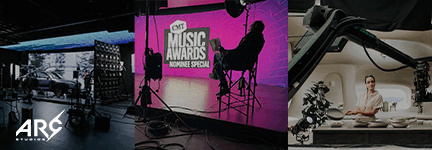
Deconstruction: Rethinking Organisational Design During a Global Crisis

Over the last two decades, collaborative technologies have enabled a seismic shift in the modern workplace. The sudden arrival of COVID-19 is testament to this change: millions of global workers, now able to work from anywhere. The CEO of Slack, in an epic Twitter thread this week, encapsulated the mood by reposting language from their S1 filing showing their belief that “the fundamental business advantage is organisational agility.”
If so much about how we work has changed, why are organisations still structured the same way they were in the ‘50s? That’s the argument of Clay Parker Jones, who leads Organisation Design in R/GA’s Business Transformation practice.
In our latest FutureVision podcast, Clay tells R/GA global chief marketing officer Jess Greenwood about the potential for new organisation systems and structures that could have a lasting impact beyond the Covid-19 crisis that inspired them.
Being isolated physically, he argues, doesn’t mean we can’t work better together. It actually means we must. “Some firms are realising that this is the moment to make change, and they're moving into a more networked, more decentralised form,” Clay says.
“Some firms are realising that this is the moment to make change, and they're moving into a more networked, more decentralised form”. Said Clay Parker Jones
He sees three ways that Organisation Design can help get companies through a downturn:
- Organising for adaptability and learning
- Rethinking what is truly core work for the business
- A more permanent blend of work and life.
However, when we blend work and life together - as is happening right now with this massive work-from-home mandate across the planet - small, focused teams of regular collaborators will succeed far better than matrixed organisations.
Key to the operation of these organisations is TRUST: decentralisation means systems must be more people-focused and compassionate, empowering teams to operate as semi-autonomous units.
“It’s making sure that we're taking care of folks, making sure that we're trusting them in this moment to get great work done - but also giving them the right structure and the right environment to get that work done.”
The result: more agility, and the ability to pivot. “The firms that recognised that something big was happening were getting out ahead of this really, really early, and giving workers the option to go down to four day weeks or take PTO two-three months before the virus even arrived,” Clay shares with Jess.
“It goes to show what the future of organisations is going to look like, where openness, digitisation and clear communication help some firms, and some countries, get ahead.”
Find out more about designing businesses to be resilient and creative while not losing their culture or spirit, even in tough times, by listening to the latest FutureVision podcast below.













